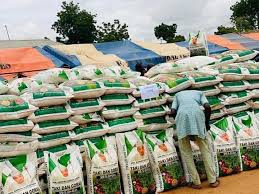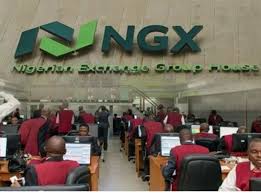“Less guns and more food, less hypocrisy and more transparency, more vaccines distributed equally and less rifles sold recklessly.”
Pope Francis
The Austrian writer Stefan Zweig signs the book “Brasil , a country of the future”, in which he described his perceptions about the potential of our nation. The essay is from 1941, when the author lived in Petrópolis, where he settled after fleeing the atrocities of the Second World War, and where he committed suicide the year after the work was published.
The book presents an analysis by Zweig about the country, based on what he sees in his travels and what he understands from his contact with Brazilians. His admiration for the people is what made him believe in building a more prosperous society. Since then, Brazil has gained a kind of surname: a country of the future.
The expression coined 80 years ago haunts us to this day and it seems it will still accompany us for a long time. The fact is that this future never arrives and, given the current conditions of temperature and pressure, it gets further and further away. This is what the Organization for Economic Cooperation and Development (OECD) predicts.
A study released by the institution estimates that the standard of living in Brazil should remain stagnant for the next 40 years . The analysis projects that the national Gross Domestic Product (GDP) will have an average growth of 1.1% in this decade and 1.4% between 2030 and 2060. For the OECD, the economically active population and the occupancy rate in the work tend to have negative indicators.
In the ruler that the organization uses to measure the standard of living of countries, the USA is at the most advanced point, which can be classified as an index of 100. In comparison with the Americans, Brazil is currently in the 23rd house and should reach 27th by 2060. China, with a population almost seven times greater than Brazil’s, is at the 26th level and should jump to 51st in the same period.
The OECD study states that the inexpressive Brazilian progress can be changed, as long as there are advances in structural reforms. Otherwise, we will continue in the quagmire or walking sideways. The fiscal issue and the control of public accounts should be the main focuses of attention, mainly due to the consequences of the pandemic.
It is impossible to believe that the government that is there has the minimum capacity to deal with the challenges that Brazil needs to overcome. The great achievement, so far, was to increase the share of Brazilians in poverty. There are 20 million people living with hunger.
Confirmed the OECD alert, we will continue with low growth rates and poor performance in the production of wealth and quality of life
As opposed to fighting economic degeneration, in order to prevent many families from having to go through the degrading situation of getting a piece of bone, chicken foot or fish carcass to eat, the president preferred to spend his time fighting the Covid-19 vaccine and questioning the electronic voting machine. We all know that nobody eats a printed vote!
The political agenda, the denial of the health crisis and the belief in ineffective medicines produced 620 thousand deaths and no idea that allows for a glimpse of the recovery of the economy and stability. Once the OECD alert is confirmed, we will continue with low growth rates and poor performance in the production of wealth and quality of life.
Without a direction, the Brazilian situation tends to worsen in the short term. The current route leads to more social exclusion and more hopelessness. Economic projections for the year are grim. A Central Bank survey with financial institutions indicates that GDP will grow only 0.36% in 2022, and reach 1.80% and 2% in the next two years.
The basic interest rate, the main instrument to hold the rise in prices, should close the year at 11.5% and remain high between 2023 and 2024. Inflation, which hit 10% in 2021, should fall to around 10%. 5% this year. The market’s expectation for the dollar exchange rate in 2022 is R$5.60.
The history of Bolsonaro’s administration does not allow us to believe that this government will be able to reverse the scenario of degradation, neither today nor in the future. The feeling is that the president and his team are betting on the worse the better, and live in the expectation that any alms they offer to the people will restore some sympathy.
The people Brazilians are in a hurry, they need health, jobs and food on the table. Brazil needs to grow faster to bring the future closer to everyone, not just the elite. The country deserves more respect and less politicking.
*Luiz Claudio Romanelli is a lawyer, specialist in urban management, state deputy and vice president of the PSB of Paraná
This article does not necessarily reflect the opinion of the Forum
Note: This article has been indexed to our site. We do not claim legitimacy, ownership or copyright of any of the content above. To see the article at original source Click Here












.jpg/BROK/resize/1920x1920%3E/format/jpg/quality/80/battlefield-2042-m5a3-(1).jpg)